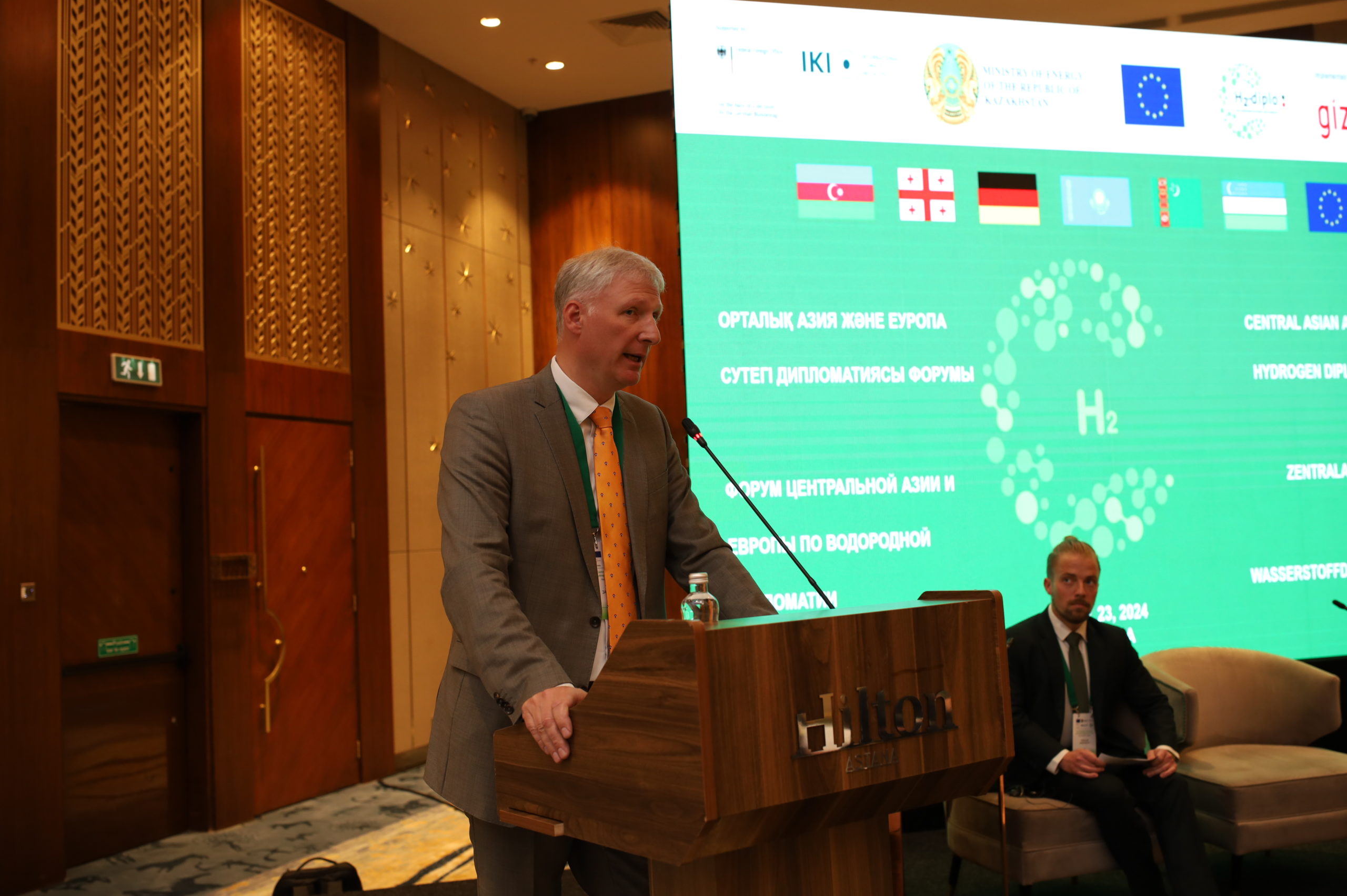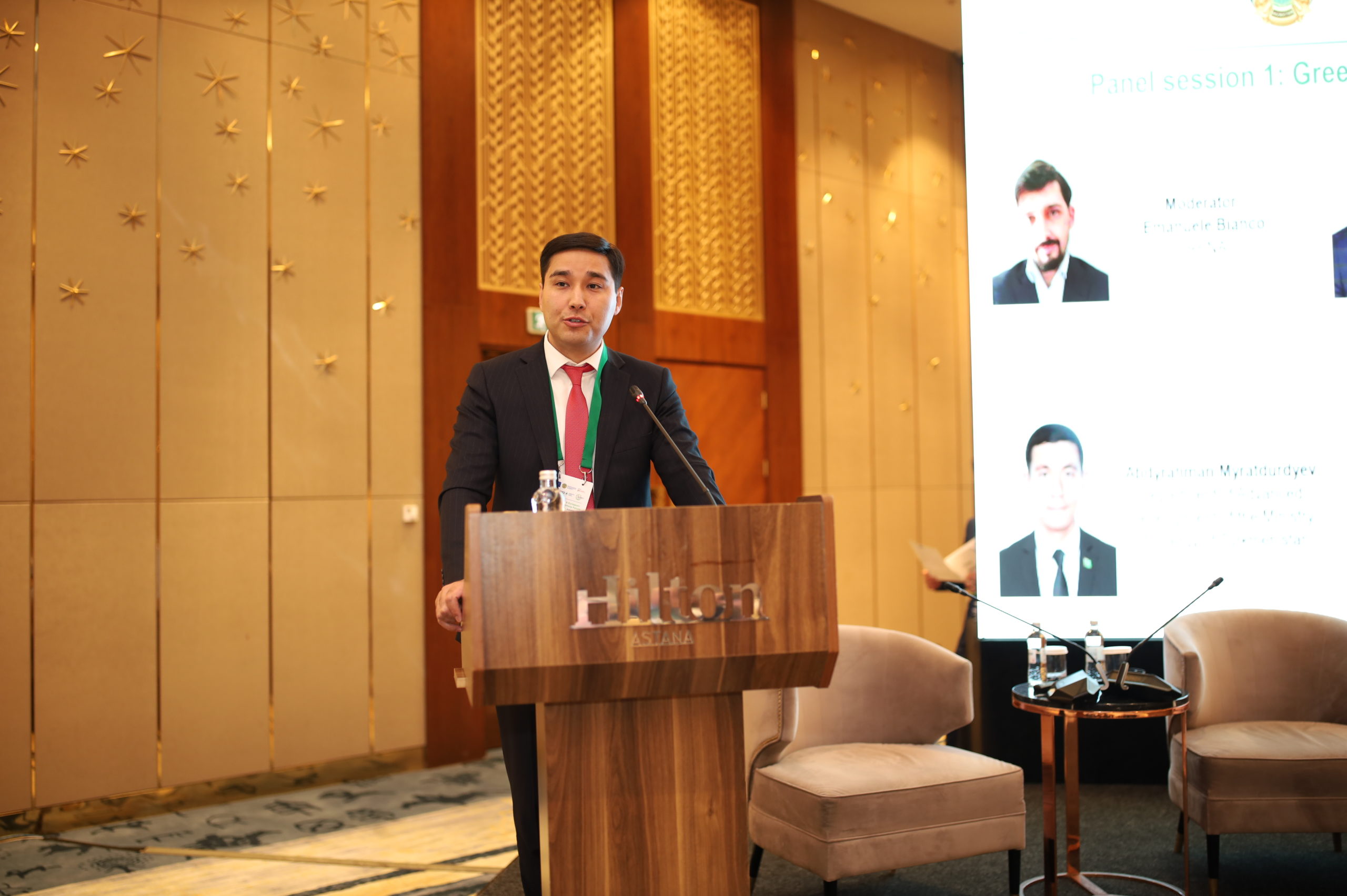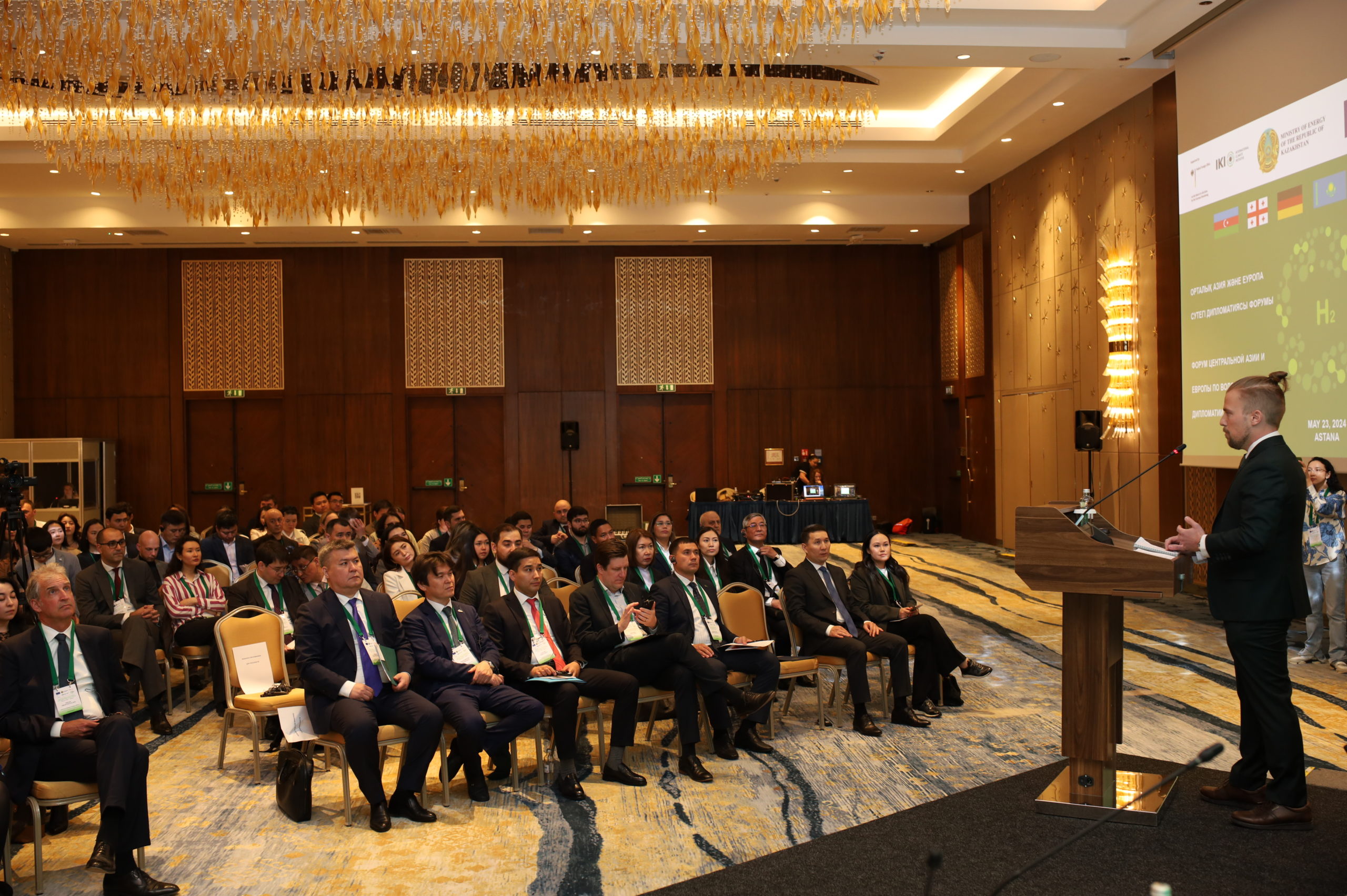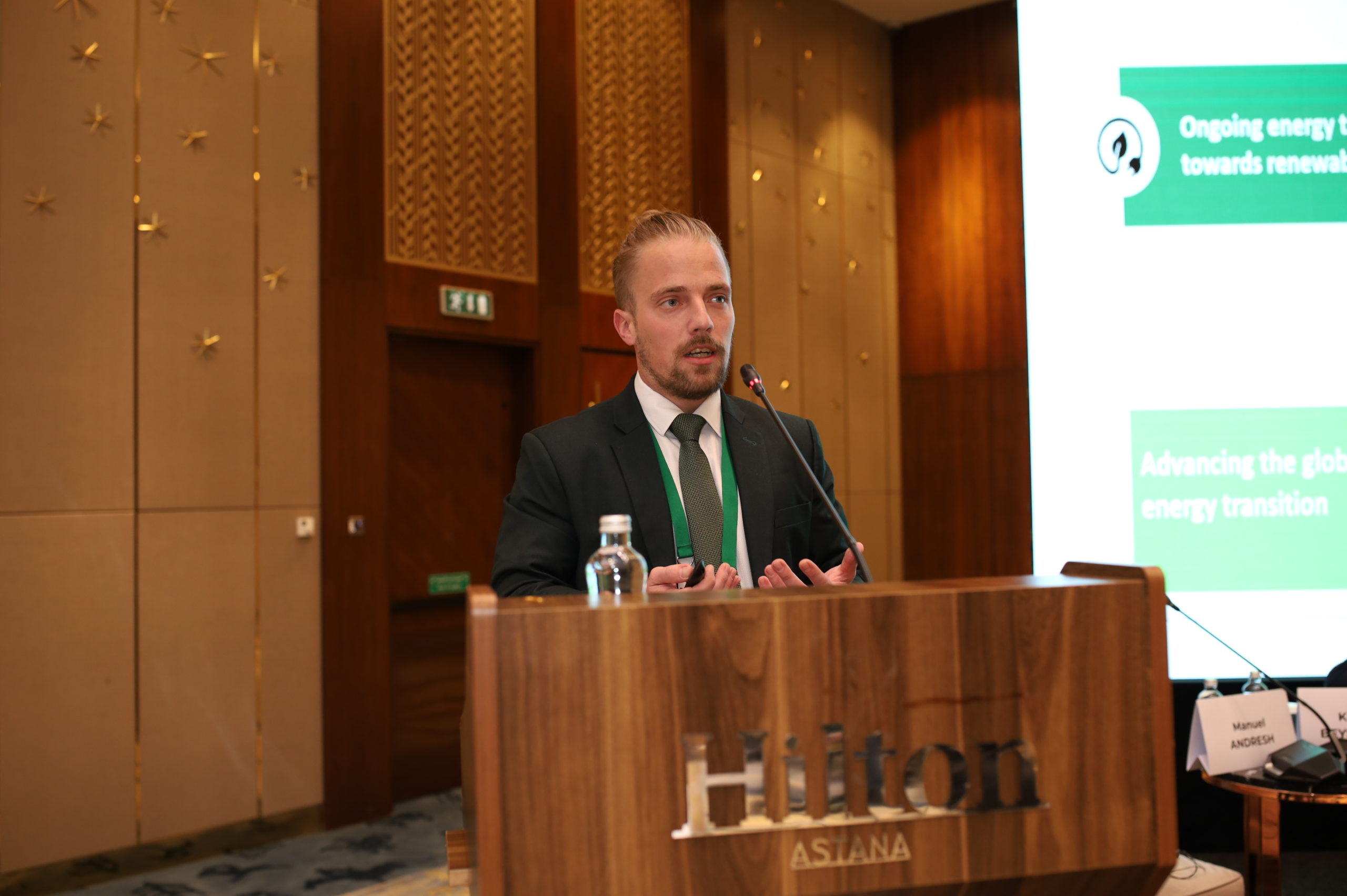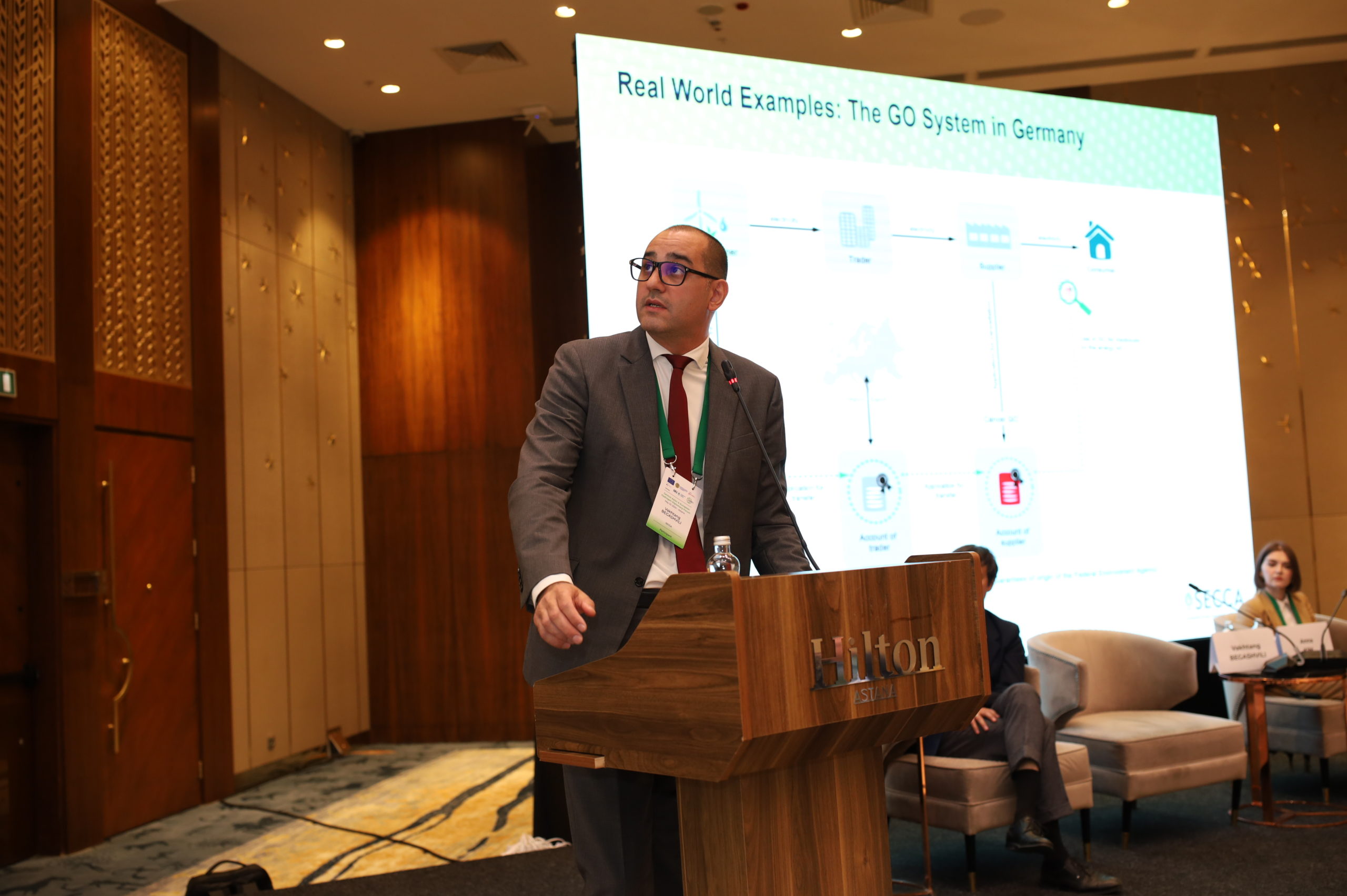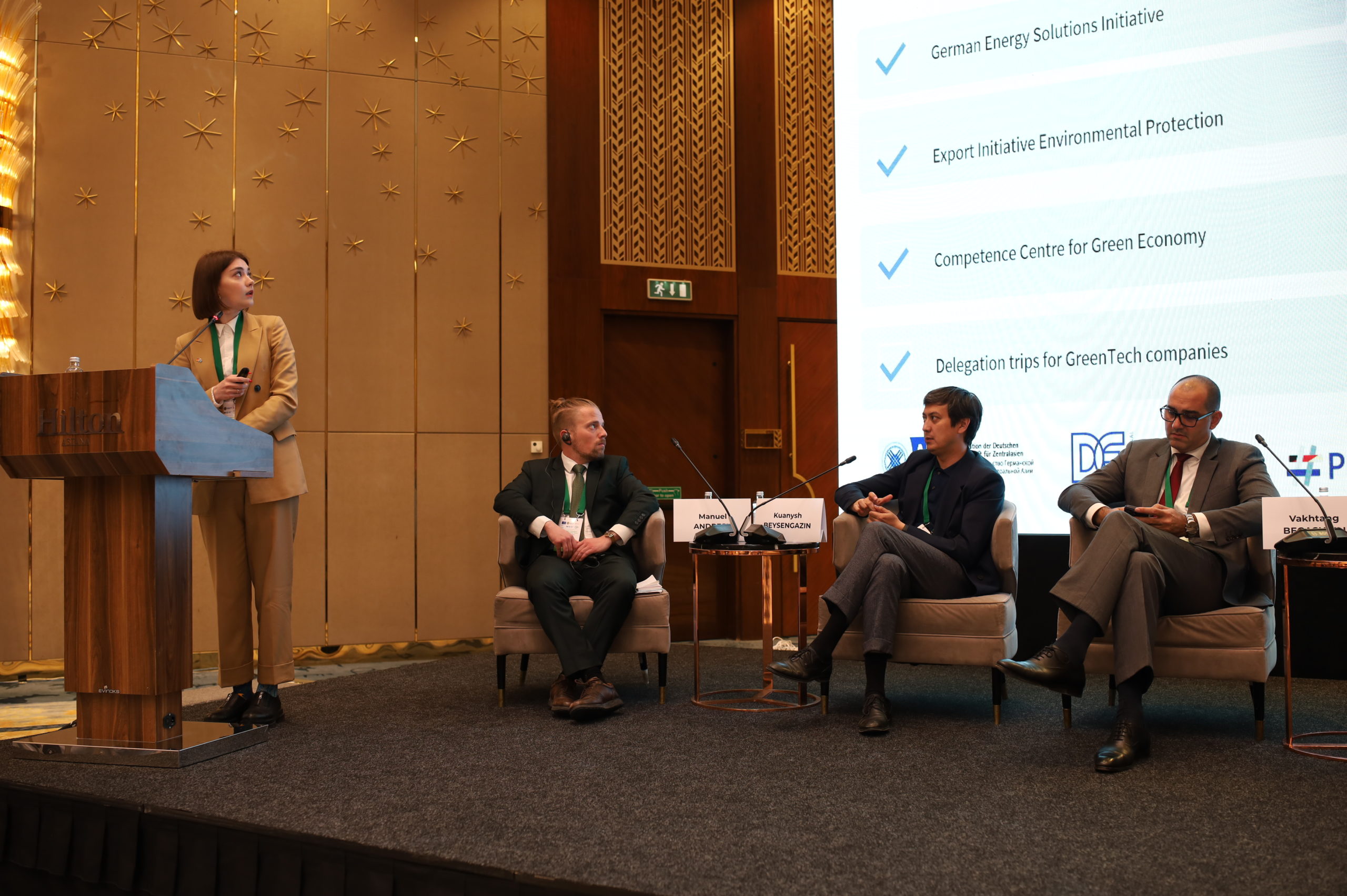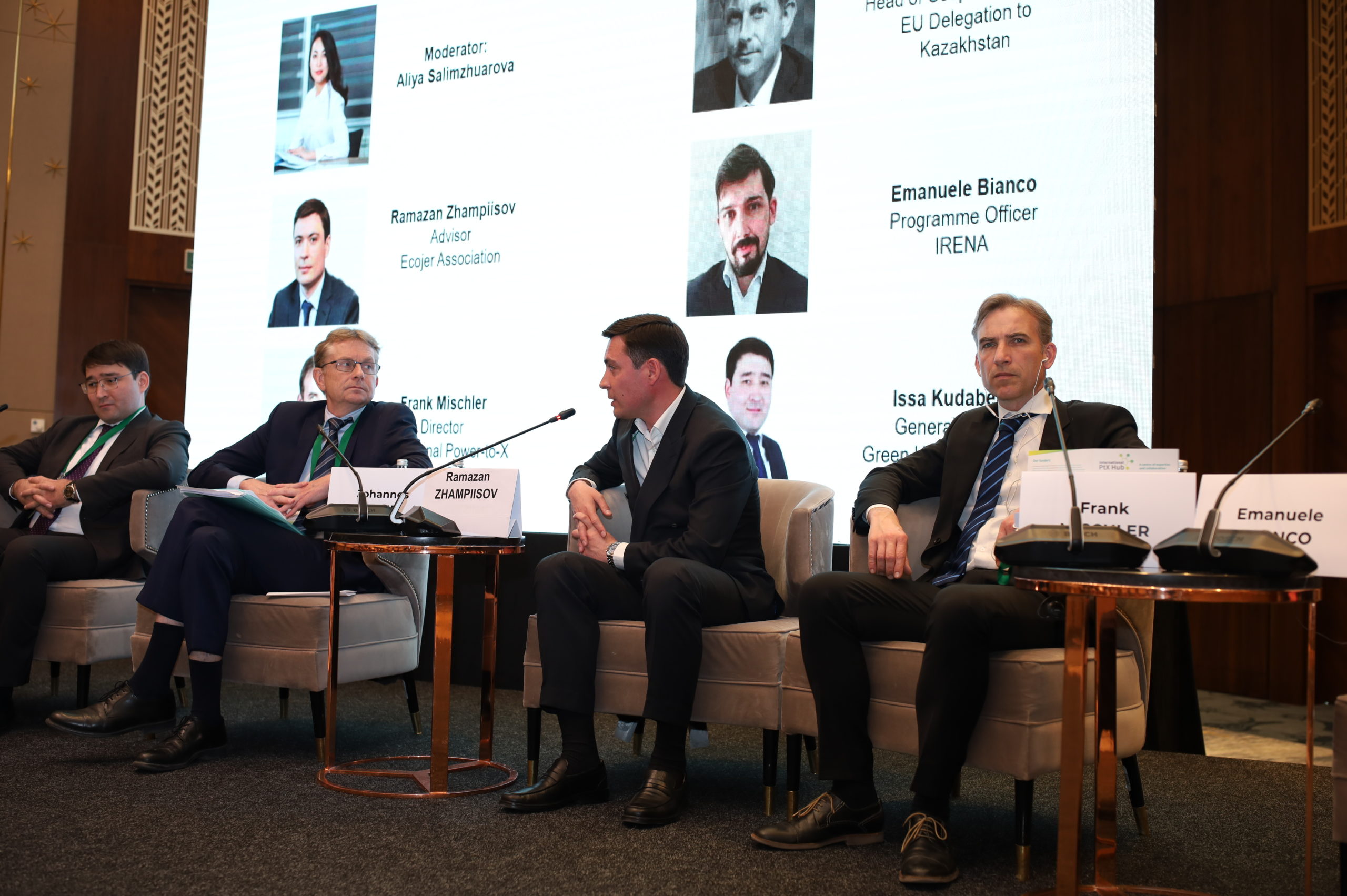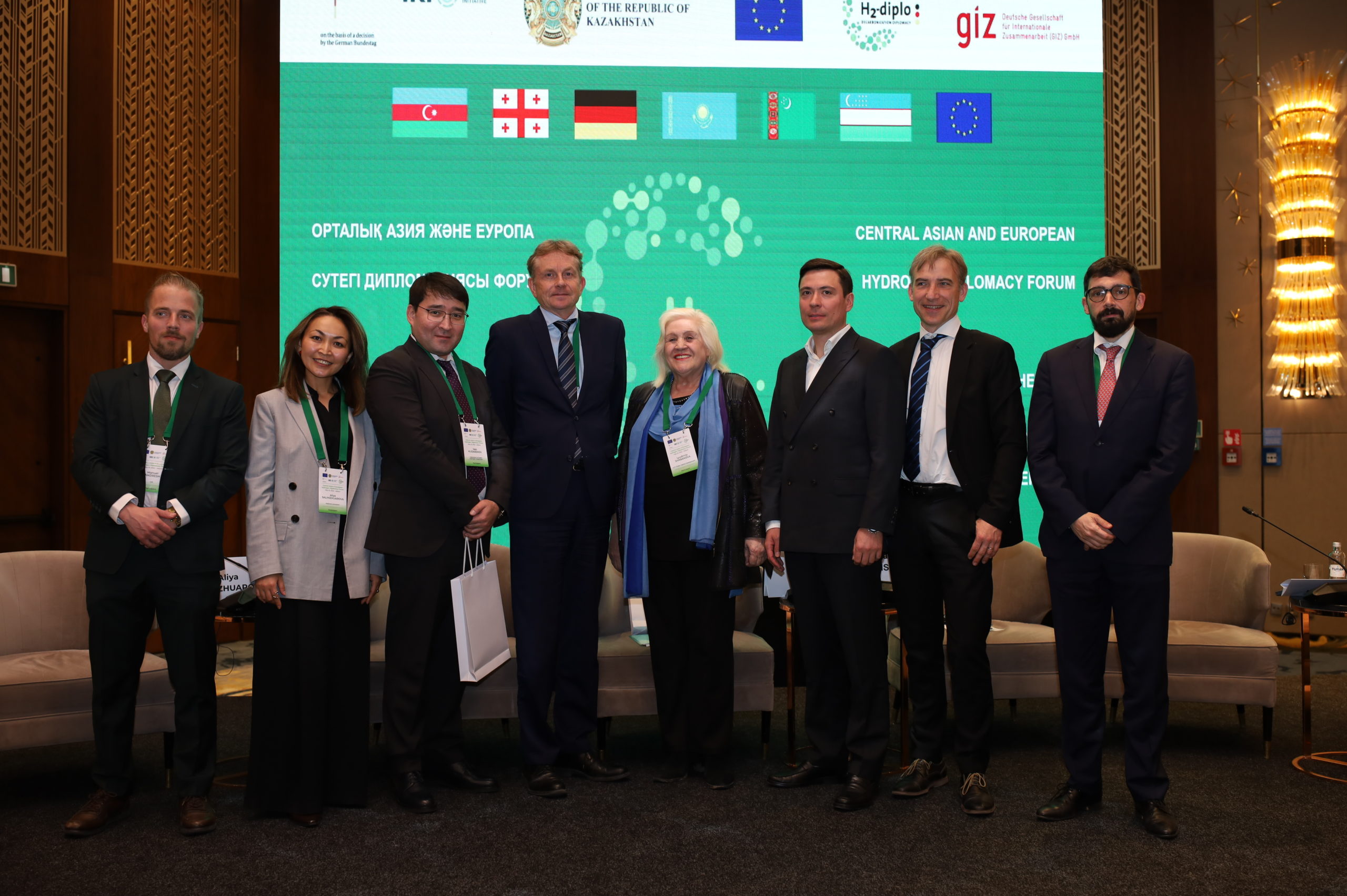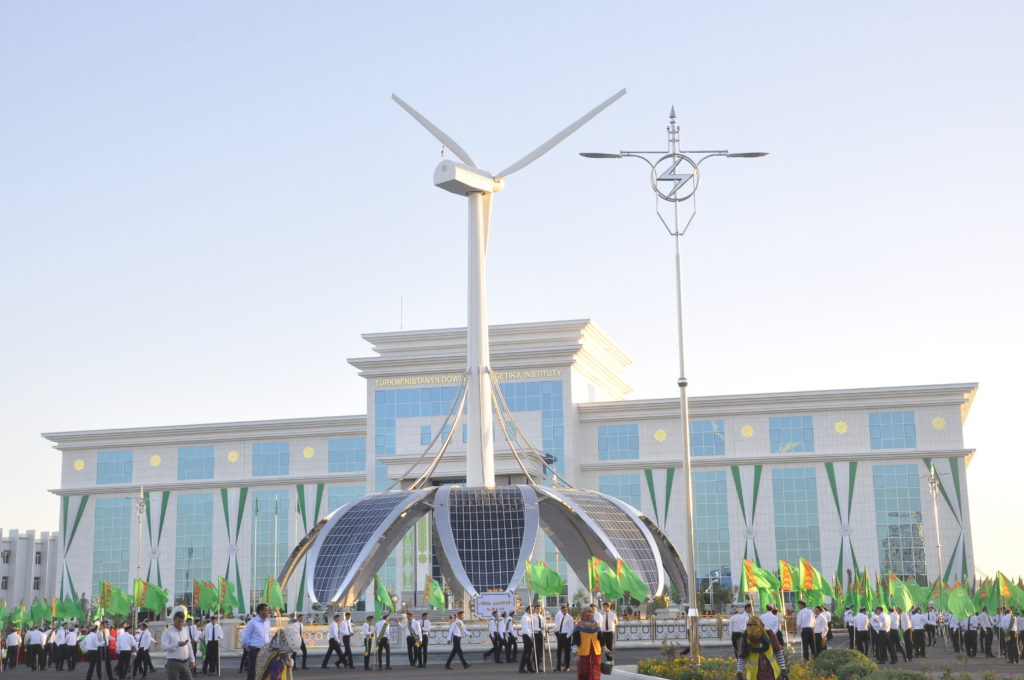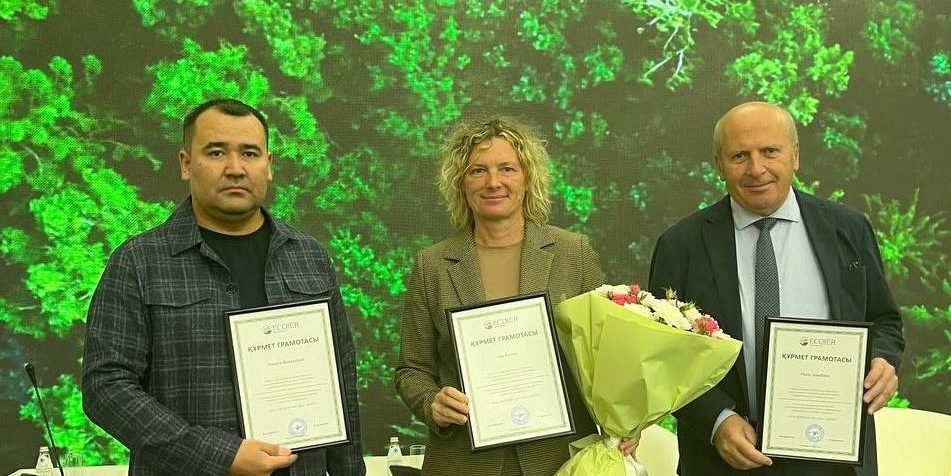Astana, Kazakhstan – High-level officials, policymakers and energy professionals from Kazakhstan, as well as representatives of the European Union (EU), the EU Member States, and international organisations gathered today at the Central Asian and European Hydrogen Diplomacy Forum.
With the global commitment to transition away from fossil fuels, green hydrogen as a sustainable carrier of green energy and molecules for decarbonization is gaining increasing interest in the Central Asian and Caucasus region, and in Europe. All regions are considering green hydrogen to address the challenges of climate change, energy security, and economic growth in the upcoming years and decades.
By 2030 the EU plans to produce 10 million tonnes of green hydrogen and to import 10 million tonnes annually. Kazakhstan, with its potential to produce cheap renewables from wind and solar, could become one of the importers to the EU.
Addressing the participants, Mr Kestutis Jankauskas, EU Ambassador to Kazakhstan, noted: “Energy generation from renewables is essential for the green hydrogen production. Kazakhstan should take quick and decisive action in development of the necessary normative base with orientation on and alignment with the EU market as the main prospective consumer of green hydrogen. Green hydrogen can become an important source for sustainable exports revenue and a driver of modernisation of the Kazakhstani economy. With the Memorandum of Understanding on Raw Materials, Batteries and Hydrogen signed between Kazakhstan and the EU in 2022, we have a strong basis for our cooperation”.
The Hydrogen Diplomacy Office Astana, serving as an international exchange platform between Kazakhstan and Germany on the topic of green hydrogen, organised this event in cooperation with the EU-funded project “Sustainable Energy Connectivity in Central Asia (SECCA)”. Considering both exports and domestic use of green hydrogen, the event aimed at facilitating a common understanding of synergy potentials and challenges for regional cooperation and raising awareness about the significance and benefits of sustainable energy.
The Forum featured several high-level discussions on topics such as the development of policies on green hydrogen, production of the green hydrogen in Central Asia and Caucasus, decarbonisation and diversification of the economies in Central Asia.
The SECCA project moderated Session 2 of the Forum titled “Decarbonisation: support for the development of renewable energy and hydrogen in Central Asia”. This session was organised as part of the EU–Kazakhstan Sustainable Energy Days. SECCA experts presented and shared the European experience on promoting small-scale renewable energy and guarantee of origin for electricity from RES.


